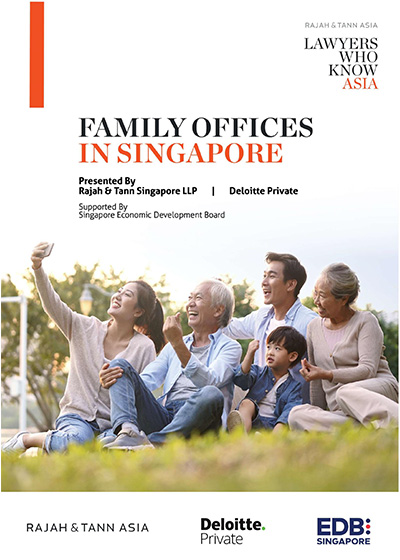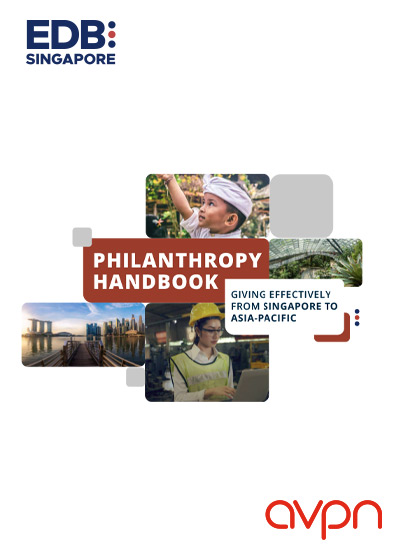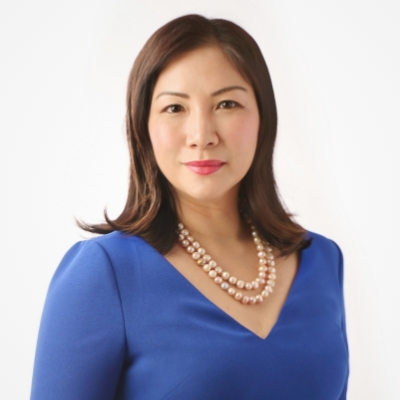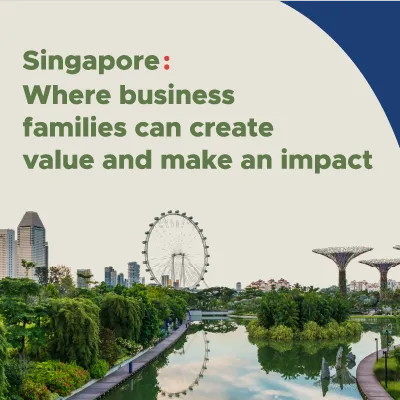Interest in setting up family offices in Singapore has soared in recent years, driven by increasing global uncertainty and geopolitical risks as well as the country’s reputation as a safe haven for wealth and attractive tax incentives. The number of family offices here jumped fivefold between 2017 to 20191, and almost doubled from 400 at the end of 2020 to 700 a year later.
Just a few months ago, the Monetary Authority of Singapore (MAS) announced stricter criteria around assets under management (AUM), local investments and business spending for family offices to qualify for tax incentives.
Given the level of commitment required as a result of these changes, we believe that the quality and sophistication of the family offices here will improve. For one, there will be increasing professionalization of the family office as they hire more full-time expertise, invest in technology, risk management and governance.
On top of that, we see three key trends - private capital markets, sustainable investing and philanthropy -to watch as the industry here is poised to develop further.
Tapping into private capital markets and deals
We expect increasing interest from family offices in exploring private deals, including private equity and private debt as well as investing in series B and beyond plus pre-IPO rounds, due to increased turmoil and volatility in public markets and higher uncertainty in a rising interest rate environment. Companies are also turning towards family offices as a source of funding, and investors continue to be interested in deploying patient capital when there is good value, especially with the rationalization of valuation.
According to last year’s global family office survey by Citi Private Bank, the allocation to direct private equity and debt investments continues to increase substantially. Around 44% of all family offices respondents reported that over 25% of their portfolio was assigned to direct investments.
Asia-Pacific based family offices appear to invest a significantly larger portion of their portfolios in direct investments to amplify returns, with nearly 62% reporting greater than 25% of their portfolios allocated to this asset class. This contrasts to 45% in Latin America, 42% in Europe and 39% in North America respectively.










